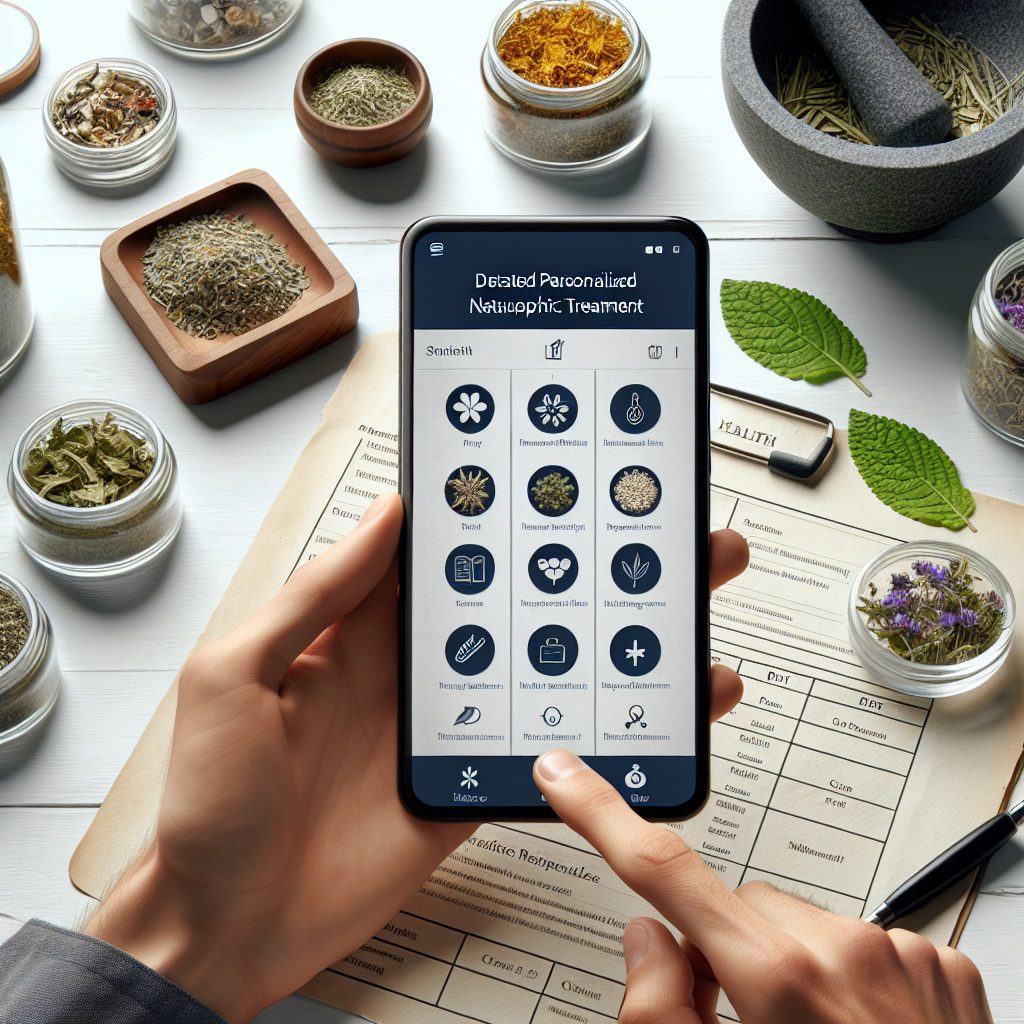Is your body trying to tell you something important that you’re just not hearing? In today’s whirlwind of deadlines, notifications, and never-ending to-do lists, we’ve become masters at tuning out the subtle whispers of our own bodies. That persistent headache? Probably just need more coffee. That nagging backache? Must be from sitting too long at your desk. Those mood swings? Just part of modern life, right? But what if these seemingly minor discomforts are actually your body’s desperate attempts to communicate something crucial about your wellbeing? The truth is, our bodies and minds exist in a delicate dance of connection – when one suffers, the other inevitably follows. This mind-body relationship isn’t just wellness jargon; it’s backed by science showing how our mental state directly influences our physical health, and vice versa. Unfortunately, many of us have become so disconnected from our own body language that we miss important health signals until they crescendo into problems we can no longer ignore. Those “small” symptoms we brush aside today can become the chronic conditions that dominate our lives tomorrow. Learning to pause in the chaos, to truly listen and respond to what our bodies are telling us, isn’t a luxury – it’s essential maintenance for a balanced, healthy life.
Recognizing Body Language in Stressful Situations
Have you ever noticed how your shoulders tense up during a stressful meeting, or how your stomach knots when you’re anxious? These physical responses are part of your bodylanguage – silent but powerful indicators of your inner state. Understanding these signals requires familiarity with two important concepts: bodylanguage and interoception.
Understanding Interoception and Internal Awareness
Interoception is our internal body awareness – the ability to sense what’s happening inside ourselves. Think of it as your body’s internal messaging system. When you feel hunger pangs, recognize your heart racing, or sense the urge for a bathroom break, you’re experiencing interoception in action. Unlike external senses that tell us about the world around us, interoception tells us what’s happening within.
“Many people are so externally focused that they’ve lost touch with their internal cues,” says Dr. Maya Henderson, a mindfulness researcher. “They might not notice they’re dehydrated until they have a headache, or recognize stress until they’re completely overwhelmed.”
This disconnection isn’t surprising in our busy world. We’re trained to push through discomfort, ignore fatigue, and override hunger signals to meet deadlines or care for others. But this habit of dismissing our body’s whispers means we often miss vital healthsignals until they become screams.
Rebuilding Connections Through Mindfulness
Mindfulness offers a powerful way to rebuild this connection. Simple practices like taking a moment to scan your body from head to toe can reveal tensions and sensations you hadn’t noticed. Are your jaw muscles tight? Is your breathing shallow? Does your lower back ache? These observations aren’t trivial – they’re valuable data about your wellbeing.
Try this simple exercise: Close your eyes for thirty seconds and simply notice the sensations in your body without judging them. This brief pause can dramatically enhance your interoceptive awareness over time.
Regular mindfulness practice has been shown to strengthen the brain regions associated with bodily awareness. One study found that participants who practiced mindfulness for eight weeks showed improved ability to detect their heartbeats accurately – a standard measure of interoception.
This heightened self-awareness isn’t just interesting – it’s practical. When you can catch stress signals early (like a tight chest or clenched teeth), you can intervene before they cascade into anxiety or panic attacks. When you notice fatigue brewing, you can rest before burnout hits. When you sense irritability rising, you can address your needs before snapping at loved ones.
“”Interoception is like having an early warning system for your wellbeing,” explains wellness educator Jamie Chen. “It can alert you to problems while they’re still small and manageable.”
The benefits of this body awareness extend beyond physical health. Research shows that people with better interoceptive skills typically experience improved emotional regulation, reduced anxiety, and greater overall wellbeing. They’re better at identifying and processing emotions because they can connect physical sensations with emotional states – recognizing that butterflies in the stomach might signal excitement or anxiety, or that heaviness in the chest could indicate sadness.
Mindfulness doesn’t require hours of meditation. Even small moments of body awareness throughout your day can help – feeling the sensation of water on your hands while washing dishes, noticing how different foods affect your energy levels, or checking in with your posture while working. These micro-practices build your “body listening” muscles over time.
By tuning into your body’s signals regularly, you’re not just improving your physical health – you’re cultivating a deeper relationship with yourself. This self-attunement is the foundation of authentic wellbeing, allowing you to honor your needs and boundaries in a world that often encourages us to ignore them.
Incorporating Body Awareness into Daily Life
Now that we understand the importance of bodylanguage and interoception, how do we incorporate this awareness into our hectic lives? The answer lies in creating intentional moments of self-care that become as natural as breathing.
Small Steps Towards Greater Wellbeing
Listening to your body doesn’t require a complete lifestyle overhaul. Small, consistent practices can create powerful shifts in your wellbeing over time. Begin by carving out just five minutes each morning to check in with yourself before reaching for your phone. How does your body feel today? What sensations are present? This brief pause sets a foundation of awareness for your day.
Throughout your day, set gentle reminders to take body-awareness breaks. These might be as simple as feeling your feet on the ground during a stressful meeting or noticing your breathing pattern while waiting in line. These micro-moments of mindfulness can interrupt stress cycles before they escalate.
“The most effective self-care practices are the ones you’ll actually do consistently,” notes wellness coach Sarah Thompson. “Find what resonates with you personally rather than following prescriptive routines that feel like another obligation.”
The Ritual of Tea as a Path to Mindfulness
One accessible self-care ritual that beautifully supports body awareness is the ancient practice of drinking herbal tea. This simple act can transform an ordinary moment into an opportunity for mindfulness and healing. As you prepare your tea, notice the aromatic herbs, the sound of water heating, the warmth of the cup in your hands. This sensory experience naturally draws you into the present moment, creating a perfect opportunity to check in with your body’s signals.
Herbal teas offer more than just a mindful moment—they provide targeted support for your body’s needs. Feeling mentally foggy? A cup of rosemary tea might help sharpen focus. Digestive discomfort? Peppermint or ginger tea can soothe your system. Sleep troubles? Chamomile or lemon balm tea signals to your body that it’s time to rest.
Creating a daily tea ritual carves out space for reflection amid life’s demands. This quiet moment allows your body’s whispers to be heard before they become shouts. Research shows that such rituals significantly reduce stress hormones like cortisol, creating a physiological environment where healing can occur.
“Setting aside time for a tea ritual enhances mindfulness and creates a bridge between everyday life and self-care,” explains herbalist Elena Wong. “It’s not just about the herbs themselves, but about the intentional pause they create in your day.”
The beauty of incorporating herbal teas into your wellness practice lies in their accessibility. You don’t need expensive equipment or hours of free time—just hot water, quality herbs, and a few minutes of presence. This simplicity aligns perfectly with the natural wisdom of our bodies, which often require simple solutions rather than complicated interventions.
By honoring your body’s signals and responding with gentle support like herbal remedies, you’re participating in a form of self-care that humans have practiced for thousands of years. This connection to traditional wisdom grounds us in a world that often prioritizes newer, faster, and more complex approaches to health.
Remember that listening to your body is a practice, not a destination. Some days you’ll be more attuned than others, and that’s perfectly normal. The goal isn’t perfection but progression—gradually strengthening your connection to your body’s innate intelligence.
As you continue this journey of self-awareness, consider making herbal tea your ally in creating moments of pause and reflection. Let each cup be a reminder to slow down and listen. Your body has been patiently trying to communicate with you—perhaps it’s time to steep a cup of tea, sit quietly, and finally hear what it’s been trying to say.
Your wellbeing journey doesn’t need to be complicated. Sometimes the most profound healing begins with the simplest act: pausing long enough to hear your body’s whispers before they become shouts.




